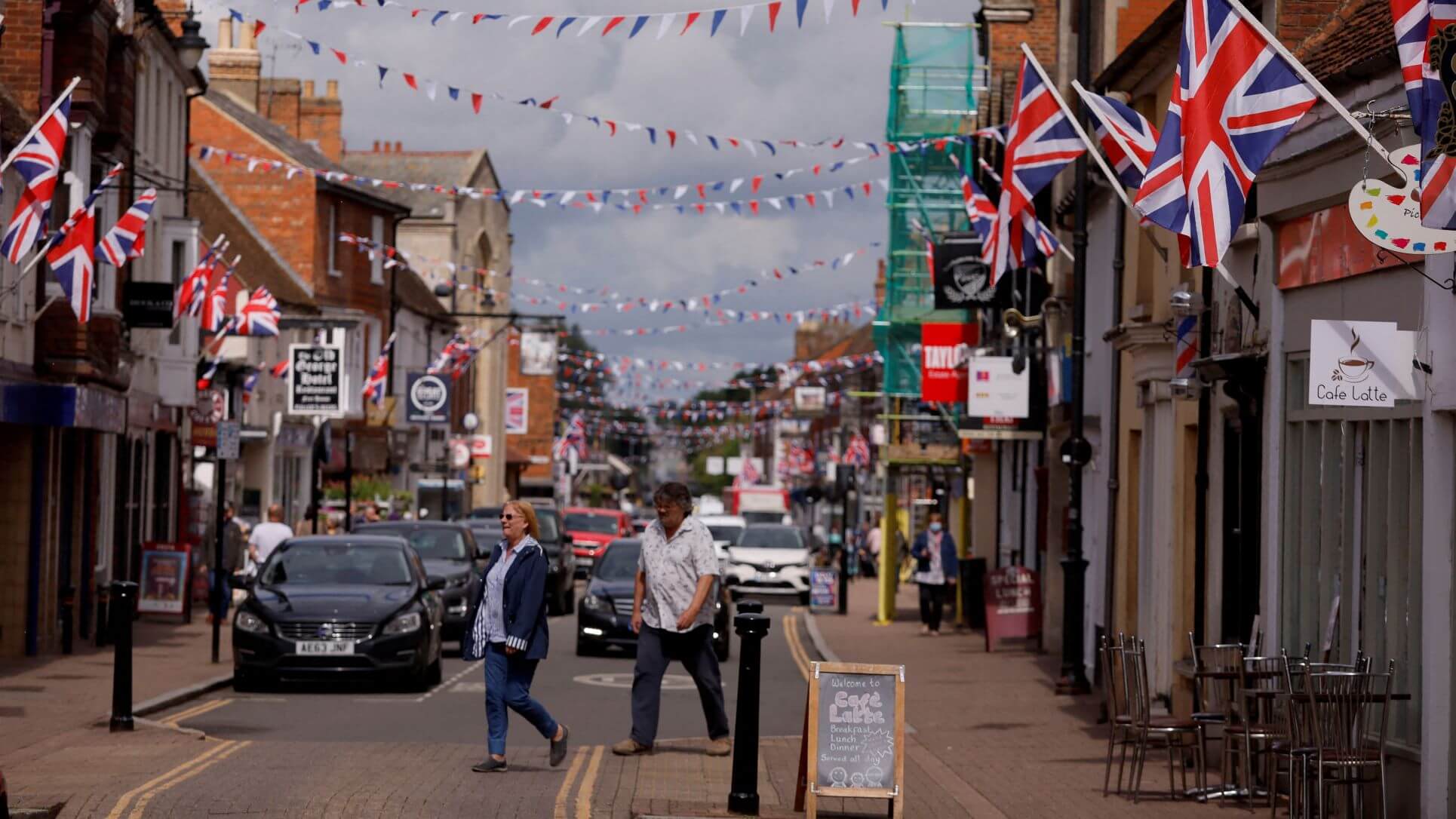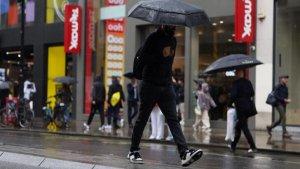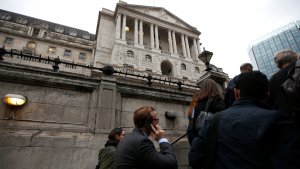Blueprint aims to make high streets more attractive and accessible, and to boost tourism by encouraging innovative small businesses.
FSB Blueprint To Revitalise UK High Streets and Boost Tourism
Blueprint aims to make high streets more attractive and accessible, and to boost tourism by encouraging innovative small businesses.

A new initiative by the Federation of Small Businesses (FSB) aims to transform high streets across the UK, advancing economic, social, and cultural benefits, while also fostering job creation.
With nearly half of small tourism and hospitality businesses located on or near high streets, the future of these bustling hubs is crucial for the growth of the tourism industry.
According to a survey conducted by the FSB, over half (57%) of small hospitality businesses believe that the creation of new tourist attractions and cultural events presents one of the greatest opportunities for revitalising high streets.
In response, the FSB has launched a blueprint titled The Future of the High Street, outlining practical recommendations to make high streets more attractive and accessible, and to boost tourism by encouraging innovative small businesses.
FSB Policy Chair Tina McKenzie highlighted the essential role small businesses play, not only in generating revenue and creating jobs, but also in enhancing the market for other local businesses. “High streets are more than just commercial spaces; they’re destinations in their own right and are inextricably linked to our tourism industry.
To support the industry, we must do more, as a nation, to make radical policy change to breathe a new lease of life into our high streets,” McKenzie said.
The FSB's blueprint calls for key changes, including the provision of affordable commercial space. By filling vacant sites and offering opportunities for small businesses eager to establish themselves, high streets could become hubs of innovation and growth.
The FSB also urges local authorities to create specialised funds that support pop-ups, markets, and temporary use initiatives, allowing first-time businesses to transition onto the high street.
McKenzie also pointed to the importance of modern, well-planned infrastructure, such as improved transport links and parking, in attracting tourists to high streets. “Every high street has a unique heritage and feel, but they all have one thing in common – the need for policies to make them safer, more peaceful, cleaner, and more appealing and exciting,” she added.
Another key recommendation is for the Department of Culture, Media and Sport to collaborate with VisitBritain, VisitEngland, and local visitor economy partnerships to showcase Britain’s local high streets as must-see destinations in international tourism campaigns. This could attract more tourists to lesser-known areas, beyond the usual hotspots, unlocking potential in untapped regions.
In 2023, Britain welcomed 38 million international tourists, who spent £31.1 billion, with an average spend of £819 per visit. While visits remained 7% below pre-pandemic levels, the FSB believes that invigorating high streets can help drive a resurgence in tourism, benefiting local economies and businesses across the country.
Thanks for signing up to Minutehack alerts.
Brilliant editorials heading your way soon.
Okay, Thanks!


